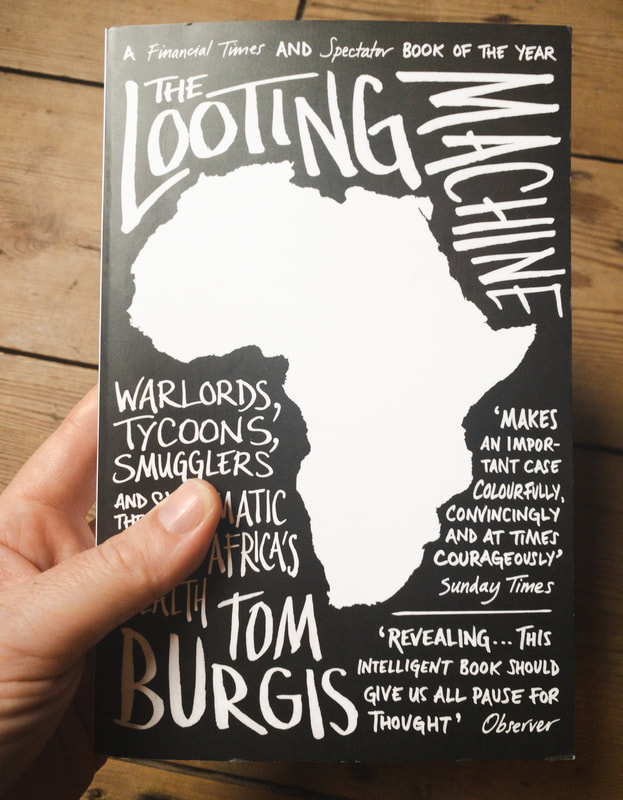|
This summer I was blessed with the opportunity to travel to Africa, along the way visiting my sons' beloved godmother Emma who lives and works in Kampala. As well as enjoying a safari and road trip around the west of Uganda, we were able to cross into Kenya and finally traverse to the island of Zanzibar. There is an African Proverb that states 'Travelling is Learning'. I find moving around the globe to be utterly life changing; jostling with enriching new cultures and connecting with a diverse array of people, foods, smells, ideas, philosophies, languages and attitudes. I travel to learn about history, politics, social anthropology, the arts; but most importantly, how all these things are connected and how they shape and affect one another. Absolutely nothing in this world exists in isolation, no event is separate and no-one is an island. It is a rich, interdependent biosphere with both tiny and catastrophic event constantly influencing future outcomes and decisions. I was lucky to soak up the African attitude of 'Hakuna Matata': the Swahili words for 'no worries'. Africans generally live in the moment much more than we do in the West; we are prone to trying to control the outcomes of our lives in a much more frenetic and demanding way. This doesn't mean that life on this huge continent is any easier, but approach is markedly different. Community, family, tribe and connection is everything and contrasts against the individualistic striving that I have felt the weight of growing up in the UK. Learning about the Ubuntu Philosophy has made a particular impression. Ubuntu is a Nguni Bantu term meaning "humanity". It is sometimes translated as "I am because we are". There are various definitions of the word "Ubuntu". The most recent definition was provided by the African Journal of Social Work (AJSW). The journal defined ubuntu as: A collection of values and practices that people of Africa or of African origin view as making people authentic human beings. While the nuances of these values and practices vary across different ethnic groups, they all point to one thing – an authentic individual human being is part of a larger and more significant relational, communal, societal, environmental and spiritual world. Video of our summer spent travelling across East Africa Of course, Africa is a continent that has suffered much under the weight of warlords, tycoons, conflict, and the devastatingly unstabilising effects of colonialism; an undermining of its structure that has left it vulnerable to the looting and systematic theft of its valuable resources. Uganda and other countries were literally concocted land borders, made up by UK, France and other Western countries in the Scramble for Africa.
It is little wonder after centuries of control, coercion and dictation from outside forces, that figures such as Idi Amin and Robert Mugabe have been able to step into power. I think of The Troubles and how the precarious situation in Ireland gave birth to the heated opinions of Ian Paisley and Gerry Adams, and how the lines between politics and paramilitary tactics became increasingly blurred. When a country is unable to thrive on its own terms it can cause fractions and frictions that become a breeding ground for tension and violence. I am determined to further my learning about this beautiful land mass and am slowly making my way through 'The Looting Machine' by Tom Burgis; a book that I hope can deepen my understanding not only of Africa, but of how the struggle for power anywhere in the world can only lead to conflict and despair as we pivot away from the Ubuntu values of connection and belonging.
0 Comments
Leave a Reply. |
AuthorAbout Northern Ireland; conflict, walls & resolution Archives
October 2023
Categories |


 RSS Feed
RSS Feed